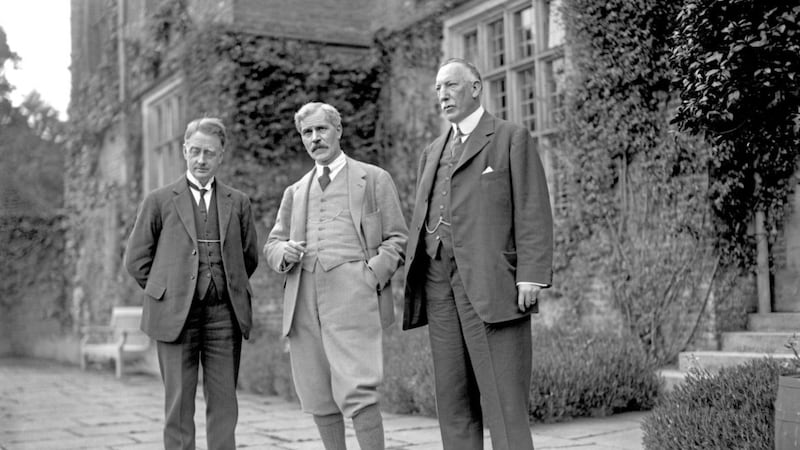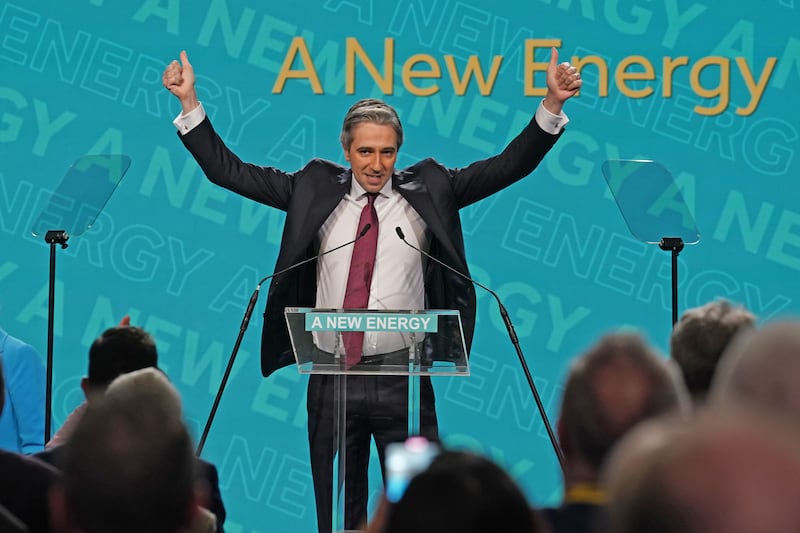After tentative signs of optimism last week, the mood music from the talks process is decidedly downbeat with the secretary of state yesterday setting a new deadline for a deal.
James Brokenshire's gloomy assessment came after a similarly dismal view from Taoiseach Leo Varadkar who said the two main parties were `arguing about the intricacies of an Irish language act.'
In truth, there is no real sense that the problems that led to the collapse of the institutions have been properly acknowledged and addressed, nor is there any indication that we are moving forward in a spirit of positive engagement.
The public is undoubtedly growing weary of the stalemate and the depressing lack of progress over the past ten months.
Our public services, particularly in health and education, are in difficulties and people are rightly concerned about what the future holds as the negotiations over Brexit stumble on.
Mr Brokenshire told the Northern Ireland Affairs Committee yesterday that the absolute latest date an agreement could be reached to revive Stormont is October 30.
If there is no deal, that would allow the British government time to set a budget by the first week of November.
In that event, it would appear we would edge towards a form of direct rule, something that everyone should be thinking about very carefully.
It is a development that would have profound implications for the Good Friday Agreement and any return of devolution and a power-sharing administration in Northern Ireland.
Meanwhile, key decisions on immediate and future issues would be in the hands of a Conservative government in partnership with the DUP.
Is that what people really want and would that be in the best interests of all citizens in the north?
Now we have yet another deadline but the time will come when either the talks succeed or they don't. It cannot go on forever.
There is much at stake and the price of failure could be very high.






